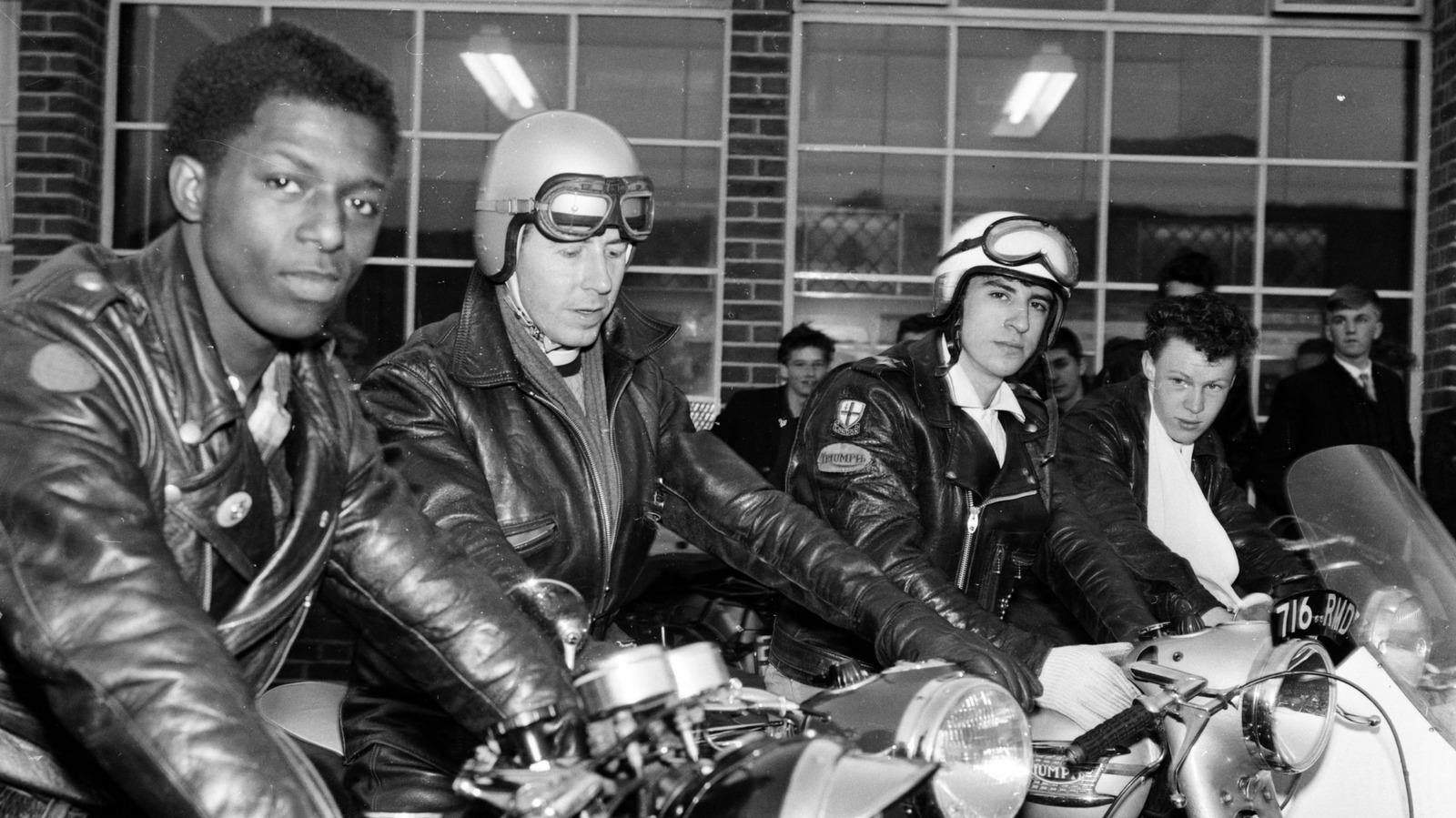Copyright Parade

Cameron Crowe might have lived many people’s dreams while touring with Led Zeppelin, though he recently revealed one major career mess up he experienced while writing a story about the legendary bank about their time on the road. In his new memoir, The Uncool, Crowe, 68, looked back on touring with the “slightly forbidden” rock legends while writing as a teenage reporter for Rolling Stone. In the book, Crowe explained that Led Zeppelin “famously hated” the publication he wrote for. After he wrote about the band for the Los Angeles Times, Crowe finally got the opportunity to profile the band for Rolling Stone during a tour in 1975. He went into the experience with the “secret mission” to convince the group to participate in a cover story. “I was always darting into bathrooms, making notes on little pieces of paper, often to the soundtrack of cocaine-sniffing patrons and sometimes sex on the other side of the stall door,” Crowe wrote in the book, which was released on Tuesday, October 28. Crowe managed to get interviews with the band members, including elusive guitarist Jimmy Page. However, things quickly took a turn during their time on the road together. After the band posed for a cover shoot in New York, Crowe learned that photographer Neal Preston’s flash had malfunctioned. “It was a once-in-a-career f–kup,” Crowe wrote. “The light source was a millisecond behind the camera, and none of the shots were usable. Everything was pitch-black, save for a single heartbreaking slide.” Since the photos weren’t usable, the magazine ultimately the story with live photos of the band. However, Crowe achieved his secret goal and the story did land on the cover of the issue. After the story was published, Rolling Stone co-founder and editor Jann Wenner called Crowe into his office and told him he “missed the story.” Parade Daily🎬 SIGN UP for Parade’s Daily newsletter to get the latest pop culture news & celebrity interviews delivered right to your inbox 🎬 According to the Almost Famous director, Wenner, 79, told him that to be a real writer and he occasionally had to “suffer to get it right.” Wenner also tried to turn the conversation into a learning moment, and he gave Crowe a copy of Joan Didion’s book Slouching Toward Bethlehem, which he said was “real writing.” “Joan Didion’s Slouching Towards Bethlehem became my reminder of that day when a little part of me died,” Crowe wrote. “But another part of me sprouted wings.”



